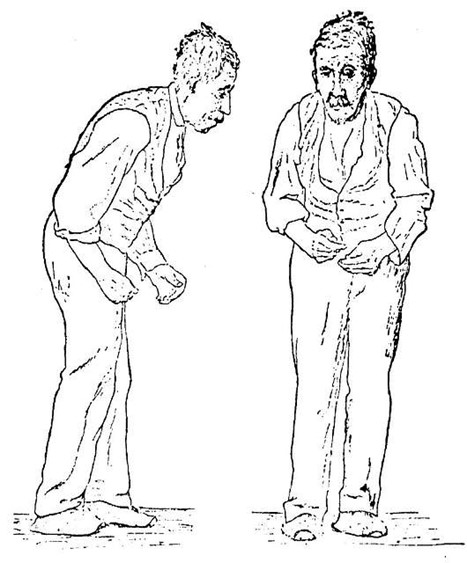Fruit Fly Research Sheds Light on Age-Defying Brain Changes Triggered by Hunger
In the quest to unlock the secrets of aging, scientists have delved into some unexpected areas of research. One of the most intriguing findings in recent years comes from a study of fruit flies, a creature that may seem worlds apart from humans in terms of biology. Yet, these tiny insects have revealed a fascinating connection between hunger, the brain, and the aging process. In this blog post, we will explore how hunger can lead to brain changes that slow down aging, as discovered through this remarkable fruit fly study.
The Fruit Fly Connection
Before we delve into the specifics of the study, it’s essential to understand why fruit flies make a suitable subject for aging research. Fruit flies (Drosophila melanogaster) share many biological processes with humans, including those related to aging. Their short lifespan allows researchers to study the effects of various interventions in a relatively short time frame, making them a valuable model organism for aging studies.
The Hunger-Induced Brain Changes
The study in question, conducted by a team of researchers, aimed to understand the effects of hunger on the aging process. They exposed a group of fruit flies to a low-calorie diet, essentially inducing a state of hunger, and monitored the changes in their brains and overall health over time.
- Slower Aging: Surprisingly, the hungry fruit flies exhibited signs of slower aging. They showed better mobility and longer lifespans compared to their well-fed counterparts. This result immediately raised questions about the connection between hunger and the aging process.
- Neuroprotective Effects: The researchers also observed that the brains of the hungry fruit flies remained more youthful. Their neurons were better preserved, and they displayed improved cognitive function as they aged. This suggests that hunger-induced changes in the brain may have a neuroprotective effect, keeping the brain healthier for longer.
- Gene Expression: The study also looked at the genetic changes occurring in the brains of the hungry flies. They discovered that specific genes related to brain health and longevity were upregulated in the hungry group, further supporting the link between hunger, brain changes, and aging.
Exploring the Mechanisms
To understand the mechanisms behind these intriguing findings, researchers dug deeper. They found that hunger induced the production of neuropeptides, which are small proteins involved in various physiological processes, including hunger regulation. These neuropeptides seemed to have a profound impact on brain function and aging.
- Neurotransmitter Production: Hunger-triggered neuropeptides promoted the production of essential neurotransmitters, such as serotonin and dopamine, which are known to play critical roles in mood regulation and overall brain health.
- Autophagy Activation: Hunger-induced brain changes also led to increased autophagy, a cellular recycling process that clears out damaged cells and cellular components. This process helps in maintaining overall cellular health and slowing down the aging process.
The Implications
This study has significant implications for our understanding of aging and the potential interventions that could slow down the process. While the study was conducted on fruit flies, the parallels between their biology and that of humans suggest that similar mechanisms might be at play in our own bodies.
- Dietary Choices: The findings emphasize the importance of diet in aging. Although further research is needed to apply these findings directly to humans, it raises questions about the potential benefits of caloric restriction or intermittent fasting in promoting brain health and longevity.
- Neurodegenerative Diseases: Understanding the neuroprotective effects of hunger-induced brain changes could pave the way for new treatments and interventions for neurodegenerative diseases such as Alzheimer’s and Parkinson’s.
- Potential Drug Development: This research may lead to the development of drugs or therapies that mimic the effects of hunger on the brain, providing a non-dietary means of slowing down the aging process.
To learn more, check out this summary from National Institute on Aging.
While this research is in its early stages, the implications are profound. It challenges our understanding of aging and offers a glimpse into potential future interventions that could help us live healthier and longer lives. As scientists continue to explore these mechanisms, we may one day unlock the key to slowing down the aging process in humans. Until then, it’s a fascinating reminder that the answers to some of life’s most profound questions may be found in the unlikeliest of places, even within the world of tiny fruit flies.
Improve your cognition and focus with Brain Vitale from Asher Longevity Institute. This remarkable supplement enhances mental clarity, sharpens planning skills, and boosts organizational acuity. It also improves spatial relationships, maximizing your cognitive capabilities.




